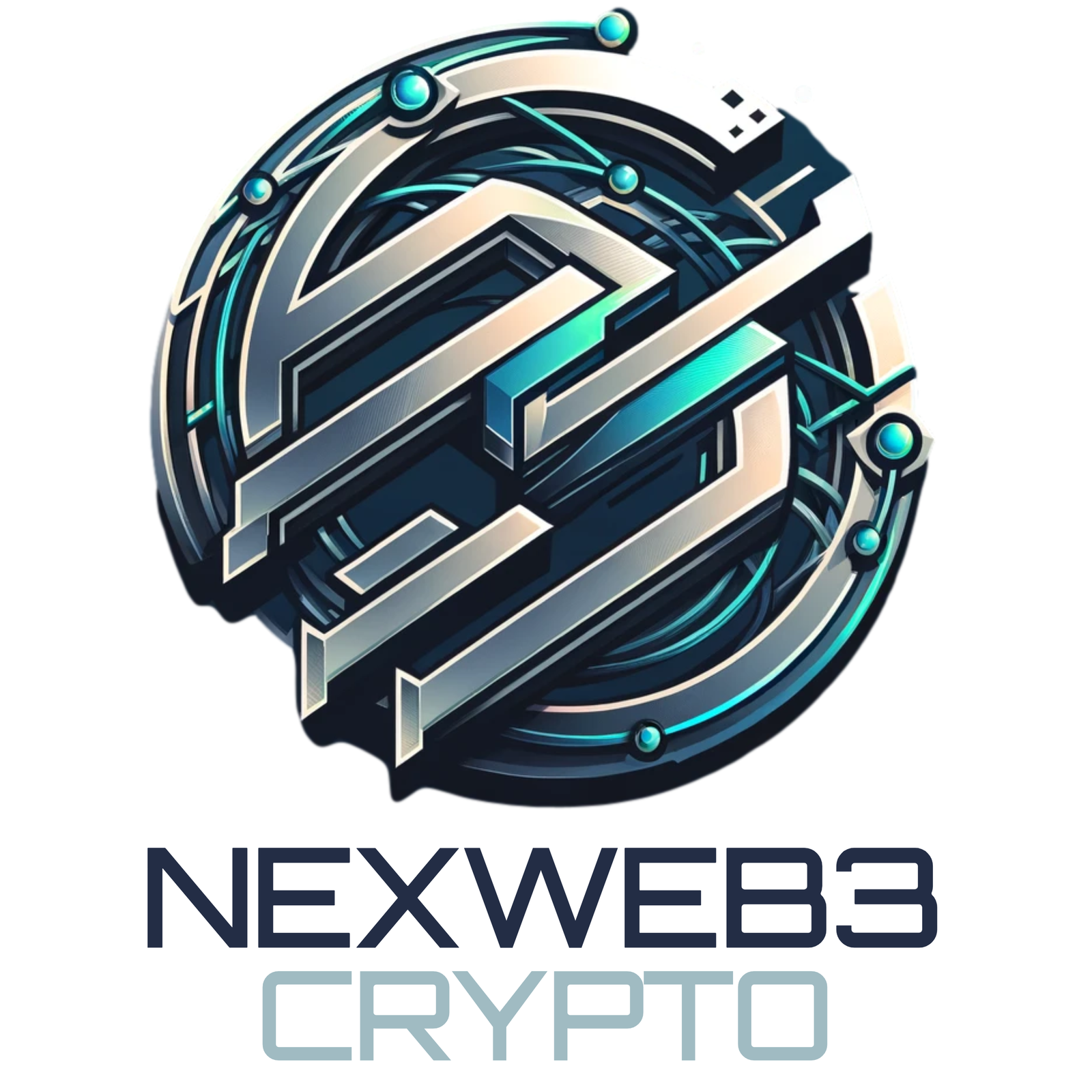Blockchain technology has been making waves in various industries for some time now. From finance to healthcare and supply chain management to voting systems its potential impact is being discussed widely across different sectors of society. But what exactly does blockchain entail? And how could it transform the way we interact with each other or conduct business operations? In this article we will explore these questions by delving into this fascinating technology’s capabilities and possible applications.
Blockchain Technology – An Overview
Blockchain is a decentralized digital ledger that records transactions across multiple computers. Network participants use complex algorithms to verify each transaction ensuring accuracy and tamper proofing. This makes blockchain an ideal solution for secure data storage and transfer without the need for intermediaries like banks or governments. With its unique features it offers unparalleled security in today’s digital age where privacy concerns are paramount.

What Is a Distributed Ledger?
Blockchain technology is unique in its decentralized architecture that separates it from traditional databases. Unlike centralized systems where information resides at a single location, blockchains are spread across multiple nodes connected through peer to peer networks. This makes them more resistant against hacking and fraudulent activities since no one entity controls the data on these networks. Moreover, transparency and accountability are enhanced due to all users having access to identical records of transactions.
The Power Behind Cryptocurrencies
Blockchain technology is often associated with cryptocurrencies such as Bitcoin and Ethereum. These digital currencies utilize blockchain to create a secure and transparent system for buying goods or services online without intermediaries like banks or payment processors. This eliminates middlemen fees while also providing faster transactions than traditional financial institutions.
Blockchain Technology – The Basics
Blockchain technology is based on several key principles, including decentralization, immutability and consensus. Decentralization refers to the distribution of power among network participants while immutability ensures that once a transaction has been recorded onto the blockchain it cannot be altered or deleted. Consensus is how members agree upon new transactions before adding them onto the chain. These core values make up what makes blockchain such an effective tool for secure digital transactions today.
Impact of COVID-19 on Various Industries
Blockchain technology has already made significant strides in transforming various industries such as finance, healthcare and logistics. In the financial sector its being utilized to enhance payment processing times while reducing settlement periods simultaneously improving risk management measures too. Meanwhile hospitals are exploring ways of using blockchain for securing patient data along with facilitating medical record sharing between different facilities without compromising privacy concerns whatsoever! Supply chain managers have also discovered how useful this innovative tech can be when it comes down tracking products from production all through delivery stages- ultimately leading towards minimizing wastefulness whilst maximizing efficiency levels simultaneously! Finally even voting systems could benefit immensely by adopting blockchain based methods that offer unparalleled transparency & security features during ballot casting processes – making them more trustworthy than ever before!
Blockchain technology has shown immense potential in disrupting and innovating across various industries. Its decentralized architecture, immutable records along with consensus based validation make it a powerful tool for creating trustworthiness as well as transparency within our interconnected world today. Whether you’re running your own small business or providing healthcare services; understanding blockchain is crucial if one wants to stay informed about emerging technologies while navigating through this rapidly changing landscape effectively.






